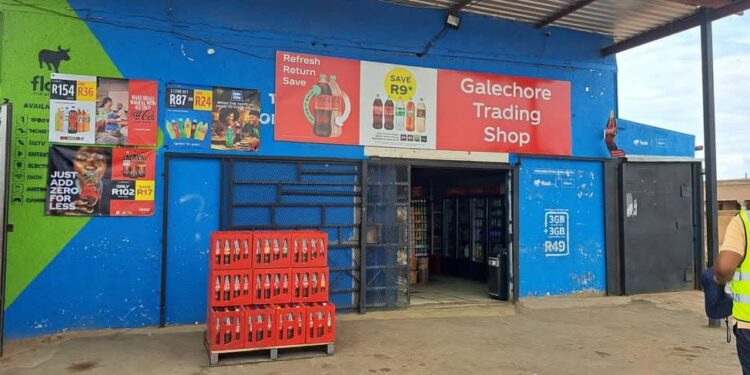Issued by Amirah Hassim on behalf of the FW de Klerk Foundation
The FW de Klerk Foundation welcomes Statistics South Africa’s proposal to establish a national register for informal and small-scale businesses. The proposed register could close a critical gap in how our economy is measured and understood.
Section 22 of the Constitution guarantees every person the right to choose their trade, occupation, or profession freely. For millions of South Africans, that freedom is exercised not in boardrooms, but in pavement stalls, backyards, informal markets and mobile apps. The informal economy is not a fringe concern – it sustains an estimated 8,2 million livelihoods (Finscope 2023), more than double the 3,3 million recorded in official labour surveys. In the youth demographic, where unemployment is reported at 46,1%, informal work is often the only path to income.
This register is long overdue. It must strengthen the accuracy of the Quarterly Labour Force Survey and provide policymakers with a more honest reflection of how South Africans live and work.
Properly designed, it can inform targeted support for micro-enterprises, unlock financial inclusion and create pathways from survivalist hustling to scalable enterprise.
As Statistician-General Risenga Maluleke noted, it could also help the Department of Small Business Development tailor interventions more effectively.
The necessary infrastructure must also be put in place to ensure a conducive environment for the informal economy to thrive.
Spaces at taxi ranks, train stations and other municipal spaces where the poorest of the poor eke out a living should be transformed into public markets with proper infrastructure to support the informal economy.
A lot can be learned from other countries such as Thailand, Türkiye and others, where informal economies are thriving.
Let us be clear: dignity does not only come from formal employment. It comes from work – any work – that is honest, self-driven and contributes to society.
Nelson Mandela reminded us that, “Overcoming poverty is not a gesture of charity, it is an act of justice.” To recognise the informal economy is to recognise the quiet justice being pursued in our streets every day.
We urge swift implementation of this register and call on all stakeholders – from local municipalities to national departments – to meet informal workers halfway.
If we want to reduce unemployment, grow the tax base and affirm economic dignity, we must start where people already are. The shadow economy is not a threat. It is a foundation waiting to be built upon.









